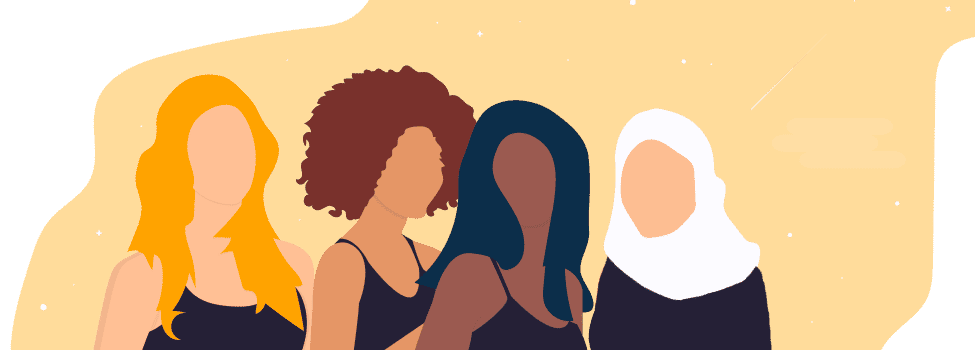
Cervical Screening remains your best protection against cervical cancer. In Australia, since 1991, Australian women and people with a cervix have been able to participate in cervical screening through the National Cervical Screening Program.
The program changed on December 1, 2017. The Pap test (or Pap smear) has been replaced by the HPV Test, or Cervical Screening Test (also referred to as CST). These changes are a result of new evidence and better technology to help improve early detection of cervical cancer and save lives.
The Australian Cervical Cancer Foundation (ACCF) is the most reputable source of information, resources and support for women and people with a cervix who have been impacted by cervical cancer, as well as their families, friends, and community.
Each year, over 900 women in Australia are diagnosed with cervical cancer and our Foundation is often the first point of contact. We offer support, information, and resources to help women and people with a cervix, and their support networks, during this stressful, scary, and overwhelming time.
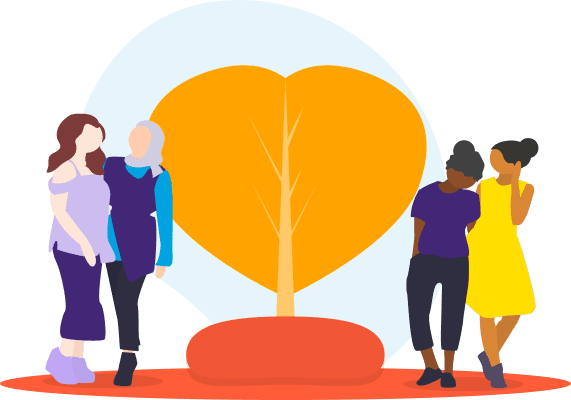
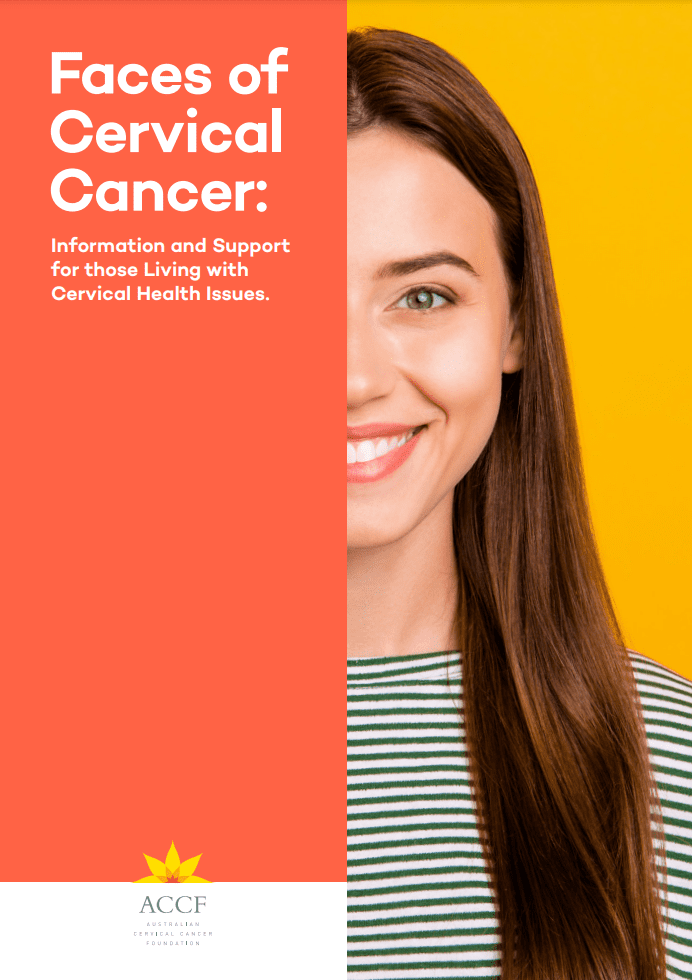
Our Faces of Cervical Cancer – Support Booklet is a helpful resource for women and families affected by cervical cancer.
With information, resources and first-hand stories from real people who have walked the path before and continue to do so, it’s a must-have booklet. We hope it brings you the support and help you need.
We’ve collated information related to cervical health below. If you need help with another matter, contact us
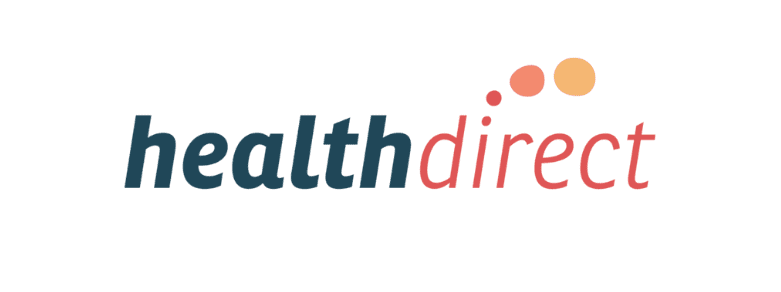
The ACCF is a proud partner of healthdirect.
Healthdirect offers medical information regarding cervical health and assists and supports women and their families with advice and information related to cervical health matters.
The cervical health information line is available 24 hours a day, 7 days a week, is staffed by qualified medical professionals and is strictly confidential.
For 24/7 health advice from a registered nurse – call the healthdirect helpline on 1800 022 222.
For advice and guidance from a maternal child health nurse – call the Pregnancy Birth & Baby helpline 1800 882 436.

ACCF is a proud partner of Osara Health (formerly CancerAid). This organisation works to empower cancer patients and their caregivers through a unique cancer management and support application.
The free iPhone and Android app includes tools including a symptom tracker, personal journal and more!
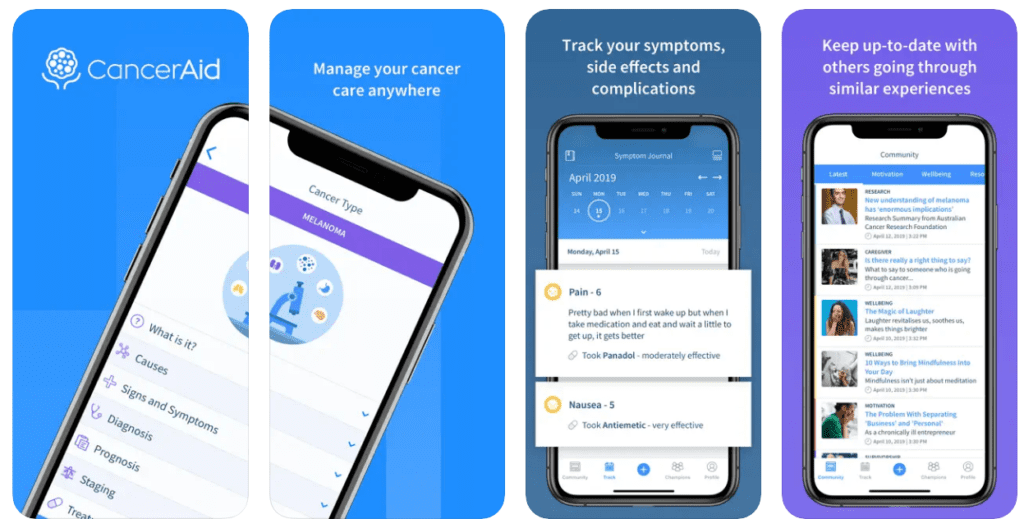
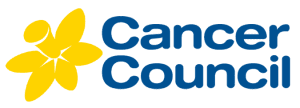
Have you connected with the Cancer Council Online Community? This professionally moderated support community is completely online and 100% free. People living with or affected by cancer can connect, provide support, receive help and participate in a range of groups, discussion, blogs and webinars.

Healthshare is an online support community that connects you with others going through the same experience. On ACCF’s Healthshare Community, you’ll find all you need related to cervical cancer and an opportunity to connect to other people who understand what you are going through. From high quality information access to opportunities to ask questions and share your personal experience, there are a lot of ways for you to offer and receive support. Useful links:
General information about Healthshare
Cervical cancer-specific page
ACCF community on Healthshare

The Cervical Cancer Aust/NZ Support Group Facebook page is an active, supportive and monitored group in which over 1900 women from around Australia and New Zealand have connected and shared their experiences. All members have or have had either cervical cancer or another gynaecological cancer.
Request to join the group and come together for support, understanding, love, humour, connection and friendship.
Carers, family and support networks are welcome to join as well.

Counterpart is a support and information service for Victorian women living with cancer, including cervical cancer. Counterpart Peer Support Volunteers listen, offer support and can assist in finding reliable information. Counterpart also hosts a range of events, including online workshops and webinars. Note: Women living outside of Victoria can still register for any Counterpart webinars that are of interest to them.
Counterpart is a free and confidential service of Women’s Health Victoria and is supported by the Victorian Government.

The Cancer Council coordinates a network of helpful cancer support groups, services and programs. This network works to improve the quality of life of cancer patients, people living with cancer, their carers and their families. There are also a range of informative podcasts created by the New South Wales Cancer Council, created by people affected by cancer.
Topics include:
Contact the Cancer Council for more information about their community and services on 13 11 20, or find your local state or territory office.

Look Good Feel Better helps women to face cancer with confidence. It’s a free community service program offering useful information and tips specifically tailored to help women deal with appearance-related side effects of receiving cancer treatment.
Confidence Kits are delivered directly to your home and are just one of their supplementary services that help assist cancer patients unable to attend a Look Good Feel Better workshop for health, travel or personal reasons.

Orange Hearts Bursary Program is a financial support scheme of the Australian Cervical Cancer Foundation to provide financial aid for children impacted by cervical cancer.
The bursary is intended for use on goods or services to support the applicant’s ongoing education or sporting/artistic activity, so the impact of cervical cancer on the applicant and family can be reduced.

Work After Cancer is a website created to provide support work during and after a cancer diagnosis. It also provides essential advice and information for people with a diagnosis, as well as their loved ones, clinicians, and employers.
Advice and support are available regarding;
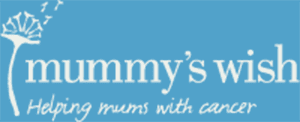
Mummy’s Wish aims to support Australian families with children aged 12 years and under through the provision of immediate and non-means tested support whilst mum is receiving treatment for cancer.
Whether you just want a chat to receive helpful advice on how to juggle family commitments with cancer treatments or need help with housework and other tasks, contact Mummy’s Wish.

CanTeen supports people aged between 12 and 25 who have had their worlds turned upside down by cancer. This includes young people whose parent(s) has or has had cancer.
For more information, see the list of contact numbers and online resources below.
If you have been diagnosed with an HPV virus, cervical abnormalities, or cervical cancer then ACCF can provide support and information for you. A large range of resources can be found on this page. A great way to get more information is to read ACCF’s Faces of Cervical Cancer Support Booklet.
Please contact ACCF if you would like to talk to someone about how we can best help you.
Looking after yourself as you care for someone going through a cervical cancer journey is important. If you aren’t in a good place, then it is hard to help a loved one.
Take time to do things that bring you happiness so you can recharge your batteries.
If you want to know more about cervical cancer, then read ACCF’s Faces of Cervical Cancer Support Booklet.
Please contact ACCF if you would like to talk to someone about your circumstances.
Helpful information can also be found on the Cancer Council Australia website
It can be very difficult to tell your children about your diagnosis. Questions you may ask yourself include:
Being honest and explaining in an age-appropriate way is the best approach, while realising that each child can react differently.
Resources that may help you include: